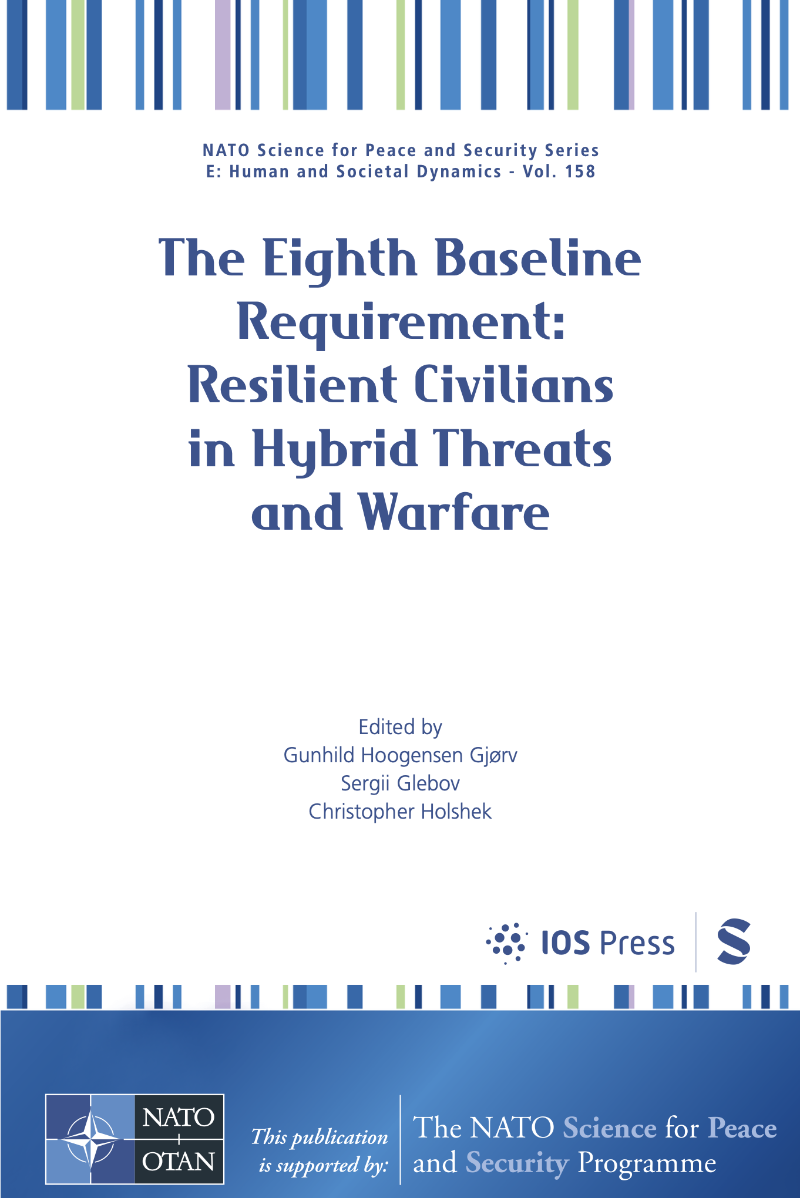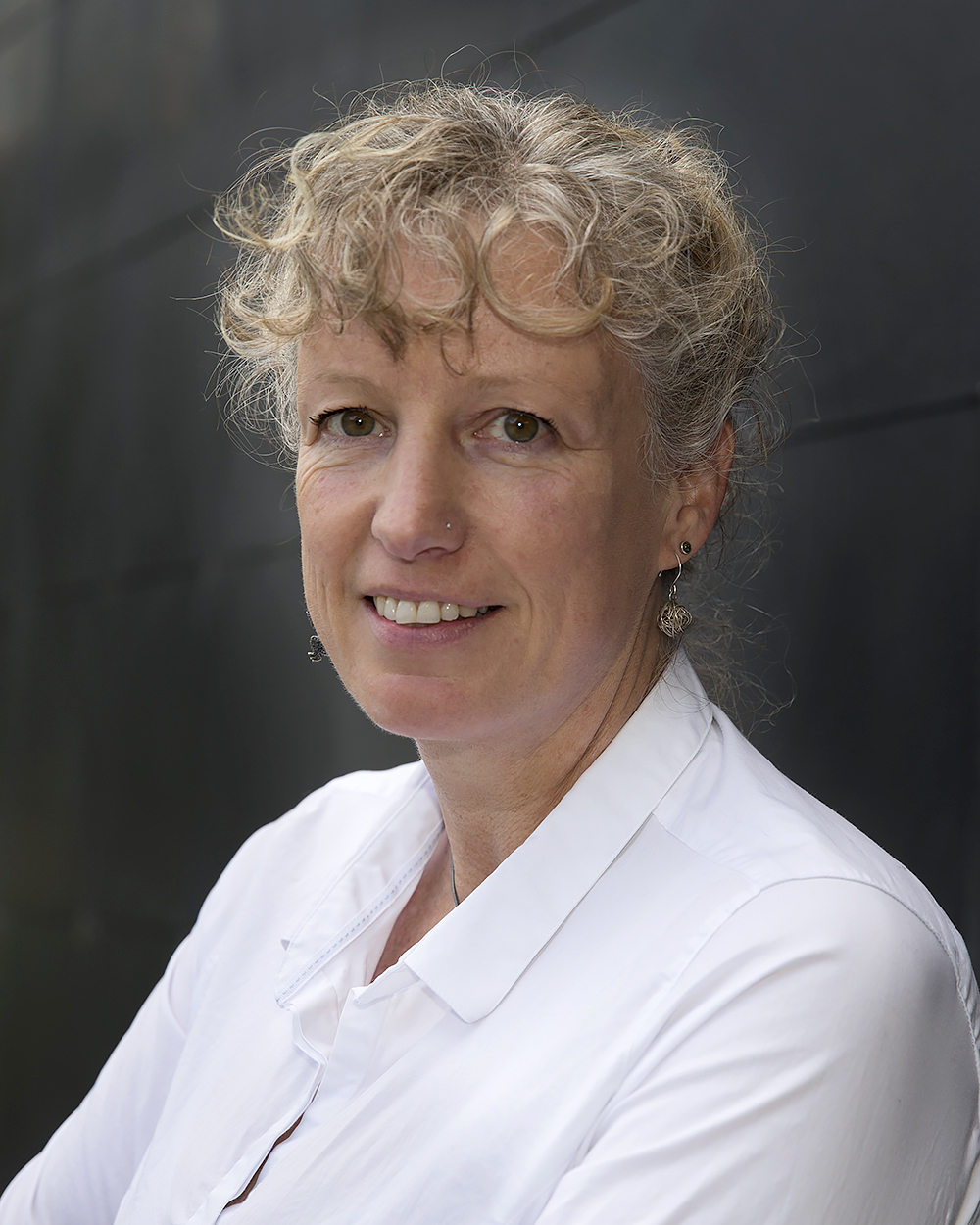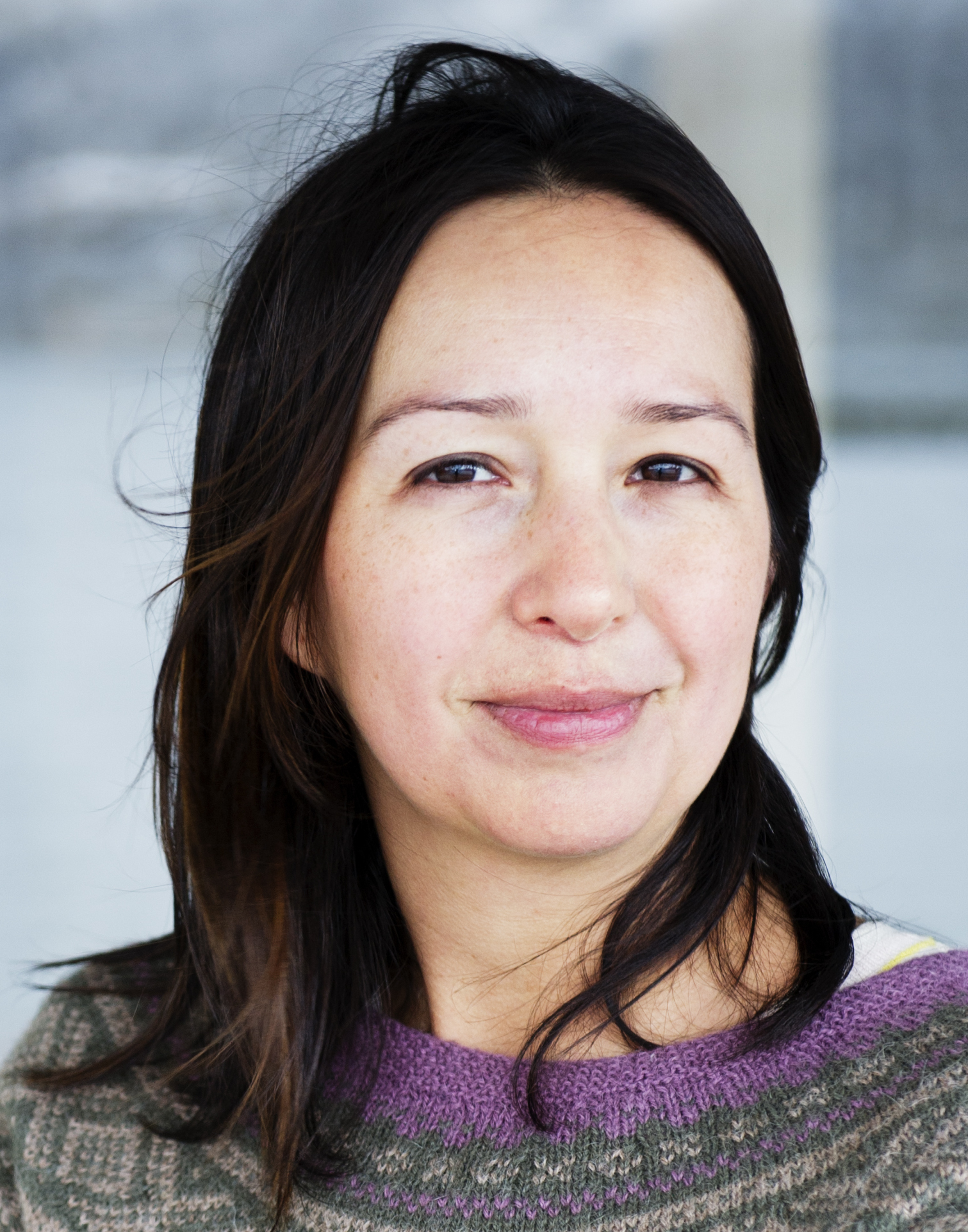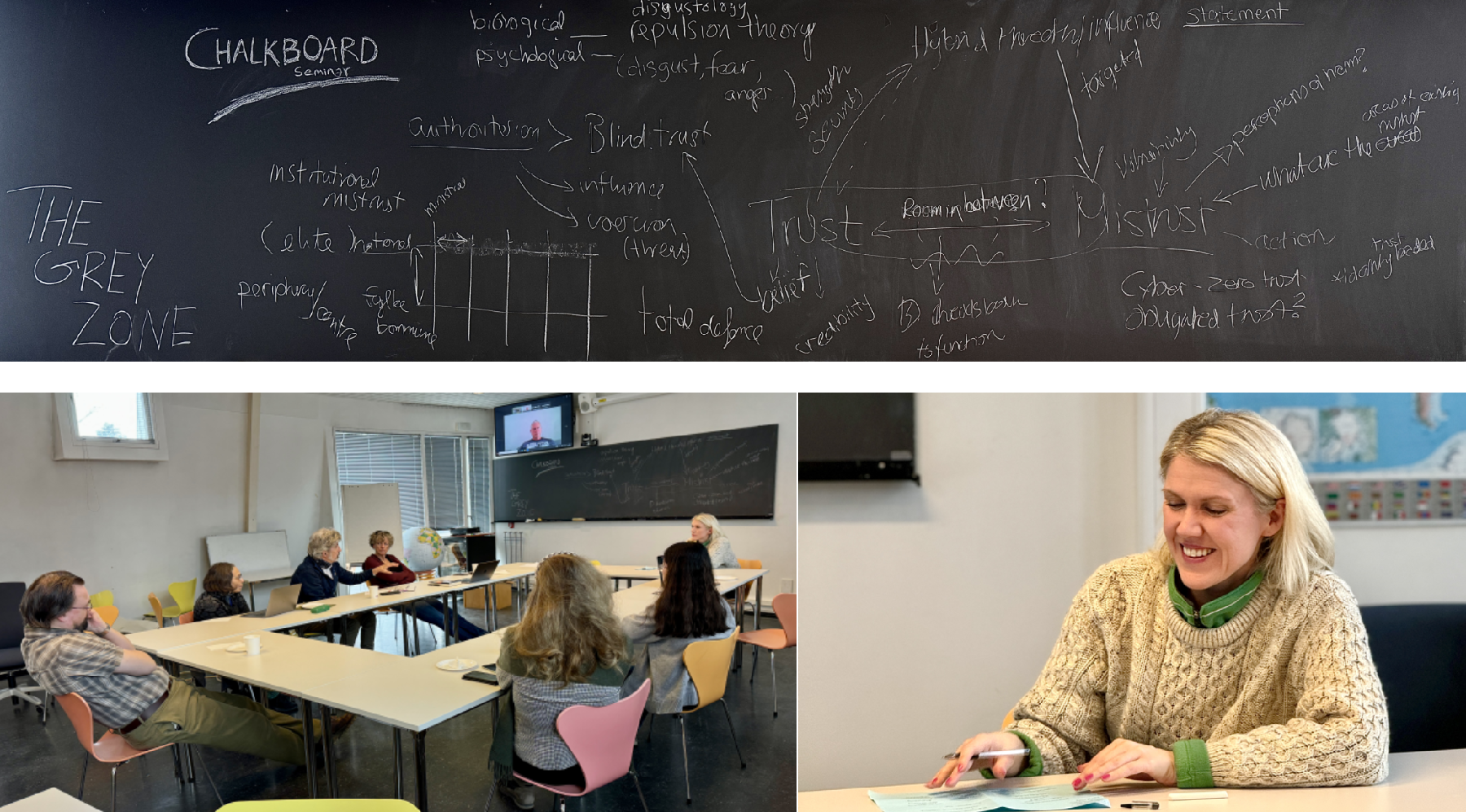In the News


The Grey Zone (GZ) is a research group at UiT The Arctic University of Norway. We focus on multiple challenges around understanding and addressing "grey zone" or hybrid threats and warfare. We explore both the ways in which these concepts are defined and understood, as well as what and how different threats are perceived, from individual, society, to state and international levels. We address different ways of managing possible threats, crises and warfare including local preparedness and societal trust, national preparedness strategies, Total Defense, and Whole-of Government and Comprehensive Approaches. The Grey Zone supports and strengthens multidisciplinary research and teaching in International Relations and Politics at UiT, consolidating International Politics competencies both on hybrid threats and warfare, but as well on security issues more generally speaking, Arctic security, international crises and operations.
Projects include those led by GZ members and/or relevant projects where GZ/UiT members contribute. GZ is currently anchored at the Centre for Peace Studies at the Faculty of Humanities, Social Sciences and Education (HSL), but is a cooperative effort across departments and faculties (Department of Technology and Security - Faculty of Natural Sciences, and Department of Social Sciences- Faculty of Humanities, Social Sciences and Education), as well as the Faculty of Law. The Grey Zone connects researchers with common interests across departments and faculties at UiT, and also includes external research and practitioner environments.
The Grey Zone research group leader team consists of Professor Gunhild Hoogensen Gjørv at CPS (HSL, also administrative lead), with co-leaders Associate Professor Monika Gabriela Bartoszewicz at ITS (NT), and Professor Marc Lanteigne at ISV (HSL). The Grey Zone is co-coordinated by Maria Claudia Nunes and Arsalan Bilal (AB).
NOTE: ALL MEDIA REQUESTS SHOULD BE SENT TO PROFESSOR GUNHILD HOOGENSEN GJØRV (gunhild.hoogensen.gjorv@uit.no)














- NEW BOOK: The Eighth Baseline Requirement: Resilient Civilians in Hybrid Threats and Warfare - Gunhild Hoogensen Gjørv, Sergii Glebov, and Christopher Holshek (editors). Read here (open access)
- Do(n't) Shoot the Messenger: Psychological Responses to Kremlin Narratives in Nordic-Baltic Audiences - Gunhild Hoogensen Gjørv. Read here
- Russia's Information Influence Operations in the Nordic - Baltic Region - Gunhild Hoogensen Gjørv and Arsalan Bilal. Read here
- Security and Geopolitics in the Arctic: The increase of hybrid threat activities in the Norwegian High North - Gunhild Hoogensen Gjørv. Read here
- Cause for concern: The continuing success and impact of Kremlin disinformation campaigns - Aiden Hoyle and Josef Slerka. Read here
Older Publications:
- Interplay of Ontological (In)Security Management Routines : Phase Transitions in Pakistan's Tribal Area amid Relations with Afghanistan - Farhat Taj. Read here.
- Slaves, Indians, and European Legal Formalism in 19th Century America – Christopher R. Rossi. Click here to access the book chapter
- Identity as a tool for disinformation: Exploiting social divisions in modern societies - Gunhild Hoogensen Gjørv and Outi Jalonen. Read here
- Shadings of Nuance: Contextualizing a "Convergence of Opinion" Regarding a River Located in the Imaginarium of the Western Mind – Christopher R. Rossi. Read here
- Strengthening the resilience and adaptive capacity of societies at risk from hybrid threats - Cedric de Coning. Read here
- Siviles rolle i sammensatt krigforing (book chapter) – Gunhild H. Gjørv, Jardar Gjørv, Ørjan N. Karlsson, Marte Aasen & Gjermund F. Rongved. Buy here
- Clash of Identities : Ontological (In)Securities of Afghanistan and Pakistan, and the Reprecussions – Farhat Taj. Read here.
- The case for case in Putin's speeches – Laura A. Janda, Masako Fidler, Václav Cvrček, & Anna Obukhova. Click here to read
- Artificial Intelligence in Conventional Arms Control and Military Confidence-Building (book chapter) – Benjamin Schaller. Click here to read
- From European critical infrastructure protection to the resilience of European critical entities – Christer Pursiainen & Eero Kytömaa. Click here to read
- Water Security and Hydro-Egoism: Endogenous Hegemony and the Grand Ethiopian Renaissance Dam – Christopher Robert Rossi. Click here to read
- Hybrid Threats and the Law of the Sea – Alexander Lott. Click here to read the book
- The Psychology of Foreign Policy – Christer Pursiainen & Tuomas Forsberg. Click here to read
- Identity, Stability, Hybrid Threats & Disinformation – By Gunhild H. Gjørv, Jane Freedman & Velomahanina T. Razakamaharavo. Click here to read
- Russia's Critical Infrastructure Policy: What Do We Know About It? – By Christer Pursiainen. Click here to read
- A warning system for hybrid threats - is it possible? - Sebastiaan Rietjens. Read here
- Expanding Multi-Domain Operations to Win Moral Competition – Colonel Christopher Holshek, U.S. Army, Retired. Click here to read
- Trust, Distrust, & Security: An Untrustworthy Immigrant in a Trusting Community – By Gunhild H. Gjørv, Ali Bilgic & Cathy Wilcock. Click here to read
- Critical infrastructure resilience: A Nordic model in the making? – By Christer Pursiainen. Click here to read
- Psychological Dimension of Russian Foreign Policy: Putin & the Annexation of Crimea – By Christer Pursiainen & Tuomas Forsberg. Click here to read
Latest Events |
| Chalkboard Seminar — March 28, 2025: Emiritus Tor Dahl-Eriksen presented his draft paper "Legitimacy of humanitarian interventions in English School IR theory". |
.jpeg)
.jpeg)
.jpeg)
| Chalkboard Seminar — November 29, 2024: Emiritus Tor Dahl-Eriksen presented his publication ideas on R2P (Responsibility to Protect) |

| Chalkboard Seminar — October 23, 2024: Professor Monika Bartoszewicz presented her research ideas on hybrid terrorism. |
 |
| September 2 to 6, 2024: The Grey Zone, in collaboration with the Centre for Peace Studies, organized a 05 ECTS course titled "Model NATO and Security in the North. |
|
|
| Chalkboard Seminar — May 3, 2024: Doctoral researcher Isabel Dineen presented her research ideas on mistrust and hybrid threats. |
 |
| Chalkboard Seminar — April 26, 2024: Alexander Lott engaged with the issue of EU's approach to the rules of naval operations. |
 |
The Grey Zone research group welcomes cooperation with organisations, institutions and agencies that share simiilar and related interests, towards building knowledge and strengthening societal capacities. The Grey Zone with the Centre for Peace Studies cooperate with the following organisations:
Youth Atlantic Treaty Association Norway (Tromsø): yata.no/tromso
NATO Strategic Communications Centre of Excellence: stratcomcoe.org
Norsk totalforsvarsForum (Norwegian Total Defence Forum): totalforsvar.no
UTSYN - Senter for sikkerhet og totalforsvar (Centre for security and resilience): prosjektutsyn.no
ICSA (Institute of Cyber Security and Analytics), Ukraine: https://icsa.team
Please contact us below for cooperation opportunities.